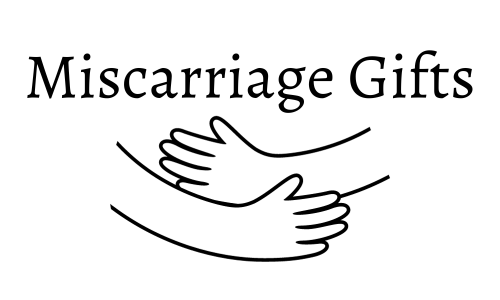Miscarriage is often a silent grief. Many women – and men – suffer in silence, unspoken mourning permeating their lives. In our society, the discourse around miscarriage is often hushed, but it's crucial to understand that this traumatic event is a genuine loss, and there's absolutely no need to downplay the grief that it brings.
So, how do we understand, embrace, and ultimately heal from the grief of a miscarriage?
First, it's important to recognize that everyone’s grief process is unique. Some couples may experience an acute sense of loss, while others may feel numb, confused, or even guilty. It's crucial to honor your emotions and let yourself grieve in a way that feels right to you.
Never underestimate the power of emotional expression. Humans, by nature, are narrative creatures. We understand our world through the stories we tell, the experiences we share. Often, after a miscarriage, feelings of sorrow, pain, and loss are pent-up, waiting to be released. Sharing your feelings with trusted friends, family members, or professional counselors can provide a cathartic release.
When and How to Seek Help from Friends and Family
Reaching out to friends and family can be an essential part of the healing process. It’s okay to ask for help when the grief feels too heavy to bear alone. If you’re feeling isolated or overwhelmed, let those closest to you know how they can support you. Be specific about what you need—whether it’s a listening ear, help with daily tasks, or simply their presence. Sometimes, people want to help but don’t know how; giving them guidance can make all the difference.
For those who struggle with initiating these conversations, consider starting with a message or letter explaining how you feel and what kind of support you would appreciate. Don’t hesitate to let your loved ones know if certain comments or behaviors are unhelpful. Open, honest communication can strengthen your support network and make the healing journey a little easier.
Many will not know what to say, and some may say the wrong thing, but remember, you’re not alone. Consider joining a support group where you can connect with others who have experienced the same loss. Through their stories, you can find solace, strength, and the assurance that you are not alone in your journey.
Memorializing Your Baby with a Special Gift
Healing doesn’t mean forgetting; it means finding a way to honor the memory of your baby while moving forward. Memorial gifts can provide comfort and serve as a tangible reminder of your love and connection. Here are some meaningful miscarriage memorial gift ideas:
A Small Angel Figurine: Symbolizing peace and protection, an angel figurine can be a beautiful way to honor your baby’s memory.
A Memorial Coin: A keepsake coin with a heartfelt message or symbol can serve as a pocket-sized reminder of your baby’s presence in your heart.
A Huggable Plush Heart: A soft plush heart offers comfort and serves as a physical object to hold during moments of grief.
A Print of the Baby in Heaven: Consider a personalized artwork depicting your baby safe in the arms of Jesus or a loving depiction of the mother cradling her baby in heaven. Such imagery can bring a sense of peace and connection.
Embracing the grief also suggests accepting the reality and giving yourself permission to grieve. Allow yourself to mourn the hopes, dreams, and future you had imagined. It's okay to feel these heavy emotions; they are not a sign of weakness, but an indication of your love.
Staying physically healthy is equally important during this time. Be kind to your body and give it time to heal. Regular exercise, a balanced diet, and sufficient sleep can significantly aid in the physical recovery and mental well-being process.
Finally, healing doesn’t mean forgetting; it means finding a way to honor the memory of your baby while moving forward. You may choose to memorialize your baby in a way that feels personally meaningful to you. Healing is a journey, not a destination.
The grief after a miscarriage is profound but remember, you do not need to walk this path alone. Reach out to those who love you, seek professional help if needed, and find your own pace in your journey toward healing.
